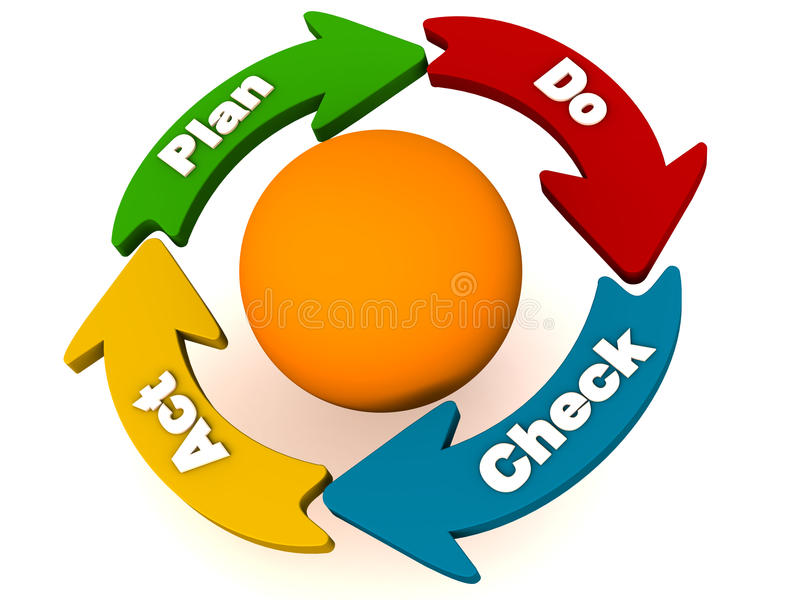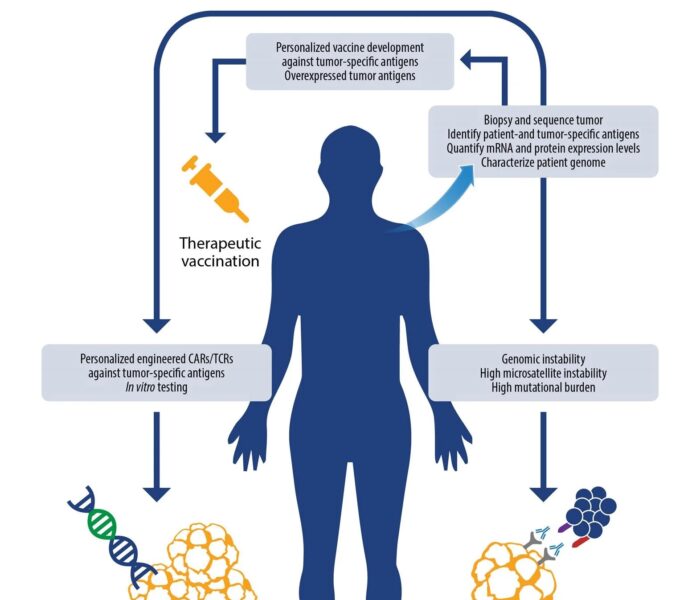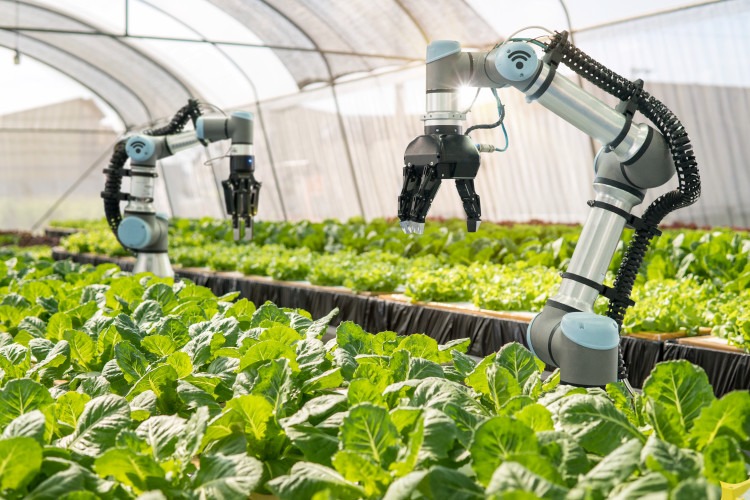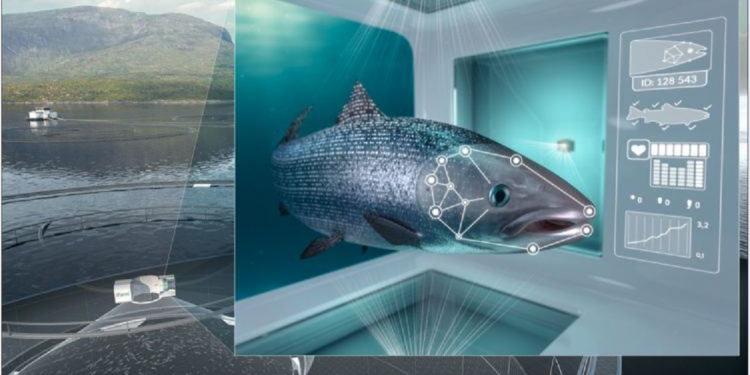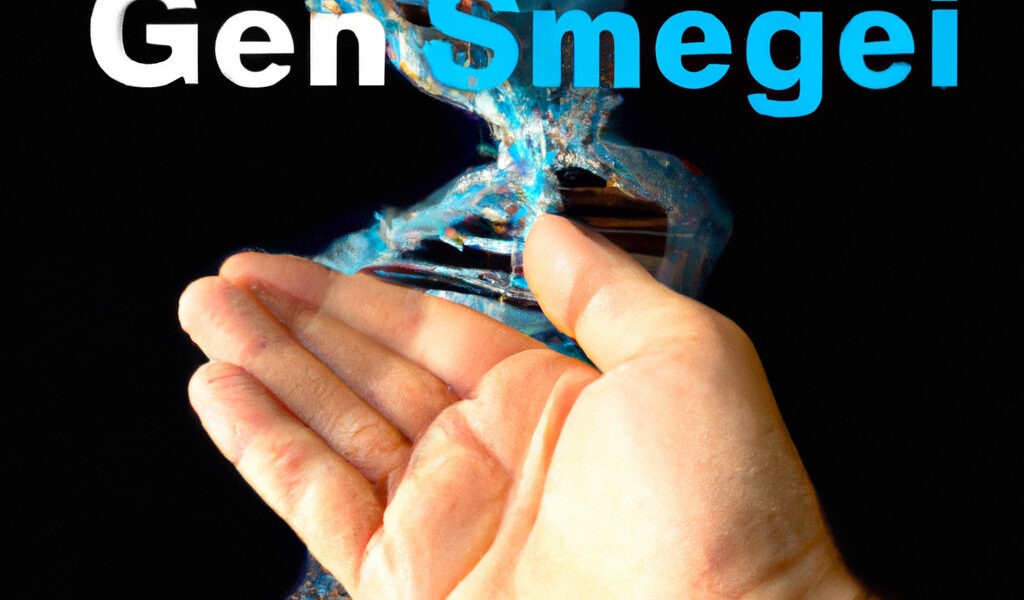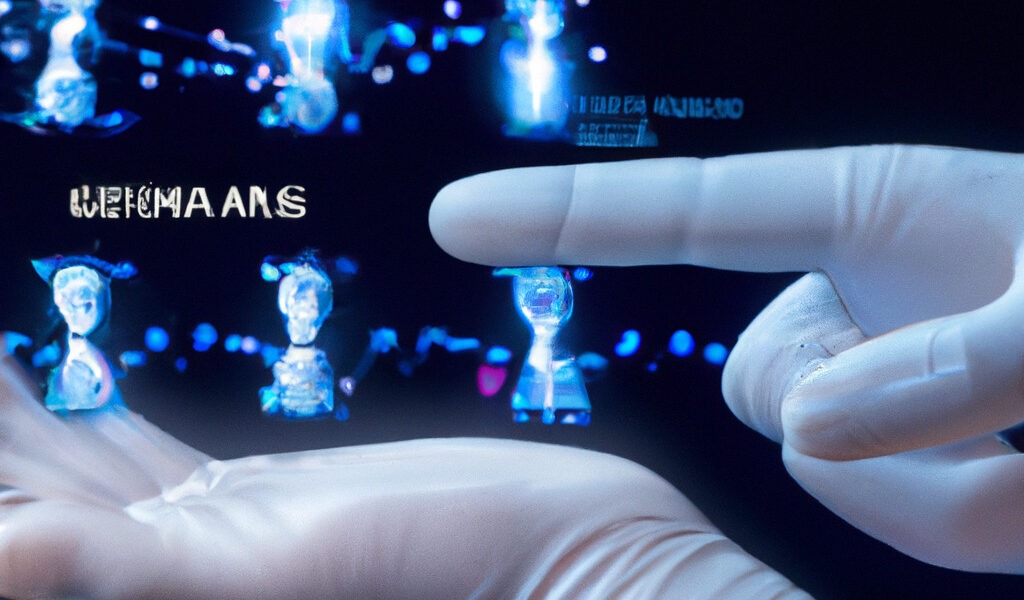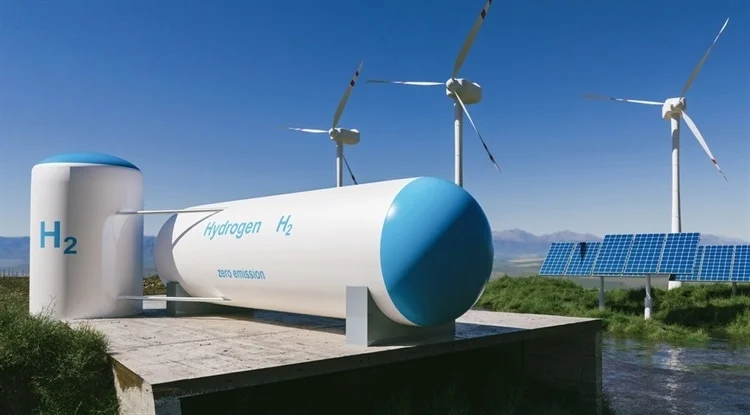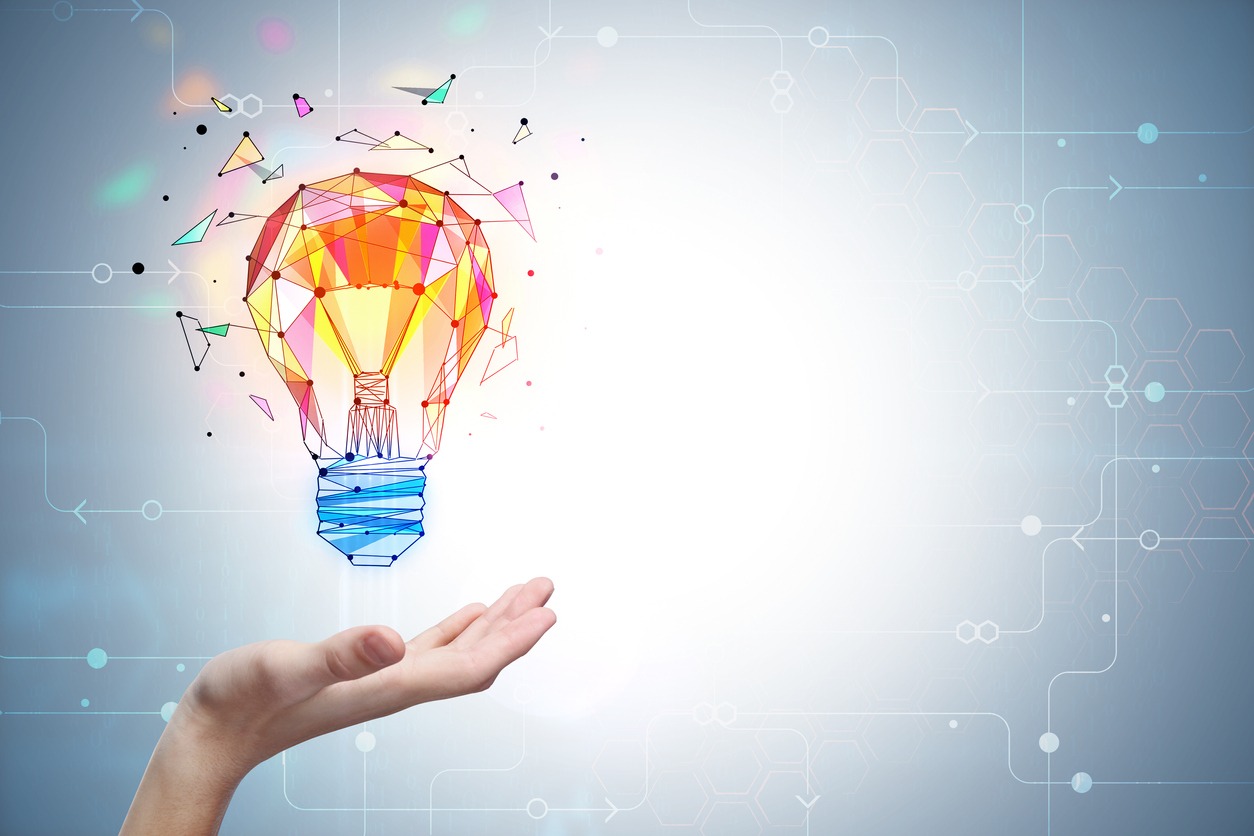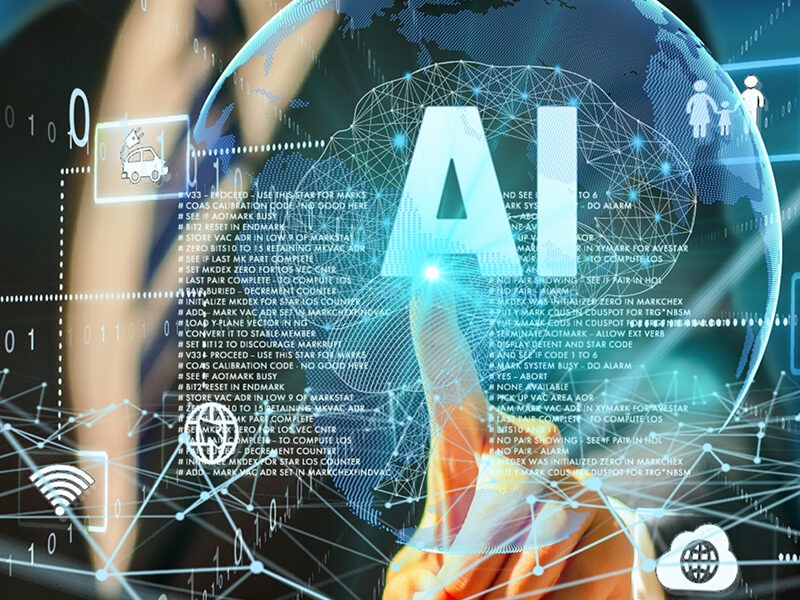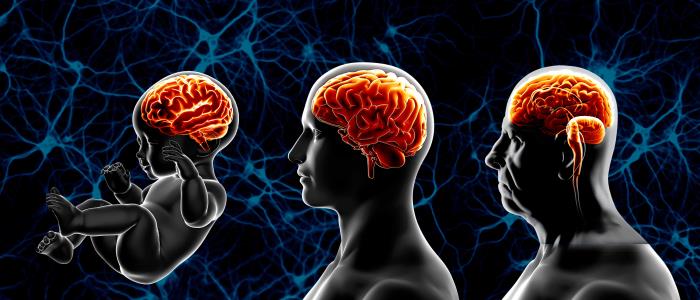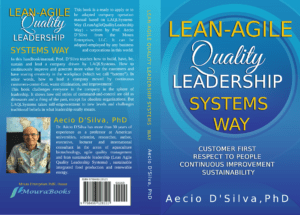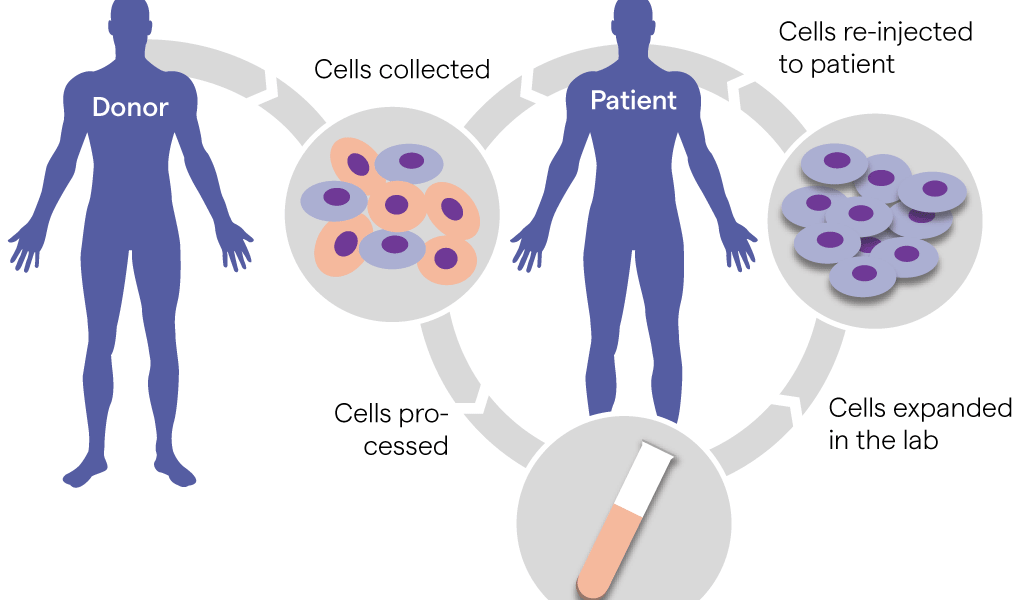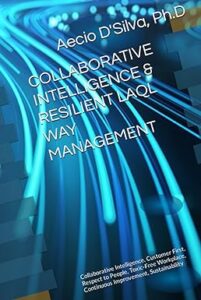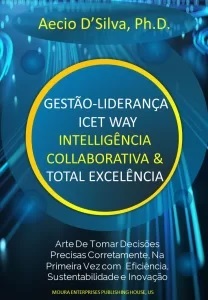“Vocatus Atque Non Vocatus Deus Aderit”: Carl Jung’s Profound Message About God in Everyday Life
Unpacking Jung’s Special Latin Inscription and Its Deep Spiritual Meaning
Prof. Aécio D’Silva, Ph.D
AquaUniversity
Carl Jung’s Timeless Wisdom: What “Called or Not Called, God Will Be There” Teaches Us About Faith, Psychology, and the Divine Presence in Daily Life
Does God exist only for those who seek Him? Or is He present even when we are unaware of Him?
Above the doorway of his home in Küsnacht, Switzerland, the renowned Swiss psychiatrist and psychoanalyst Carl Jung had a Latin inscription carved into stone:
“Vocatus atque non vocatus, Deus aderit.”
Translation: “Called or not called, God will be there.”
Imagine walking up to the door of this renowned psychologist’s home and seeing a Latin phrase etched above: “Vocatus atque non vocatus deus aderit.”. Carl Jung (July 26, 1875 – June 6, 1961) was a Swiss psychiatrist, psychotherapist, and psychologist who founded the school of analytical psychology. His brilliant mind behind analytical psychology chose these words to greet visitors at his house’s door. But what do they truly mean? More than just a decorative inscription, this phrase reveals Jung’s deep conviction about the ever-present God’s spiritual dimension of our lives, whether we acknowledge it or not
This phrase, deeply significant to Jung, was not just a decoration—it encapsulated his philosophy of the unconscious, spirituality, and the ever-present nature of God.
But what did Jung truly mean by these words? Did he see God as a psychological archetype, a force within the human mind, or as a real, transcendent presence?
In this blog, we’ll explore:

